For a housewife living in a village, her daily routine generally consists of taking care of her family and household chores. But many women want to do more than just that. They want to be able to contribute to the family income and be financially independent. But starting a business is challenging, especially for someone with no prior experience or knowledge in business. So where does one start? Here are 13 business ideas for homemakers in villages that are not only easy to start but also have the potential to generate good profits. Any of these businesses can succeed with a little hard work and perseverance.
Business ideas for homemakers in villages
Sewing
Sewing is a great business idea for homemakers in villages. There is a large market for sewing services, as many people in villages need more time or skills to sew their clothes. Sewing is a relatively easy skill to learn, and with a little practice, you can provide high-quality sewing services to your community. In addition, sewing is a very versatile business; you can offer different types of services, such as custom clothing design, alterations, and mending. With a home-based sewing business, you can set your own hours and work around your family’s schedule.
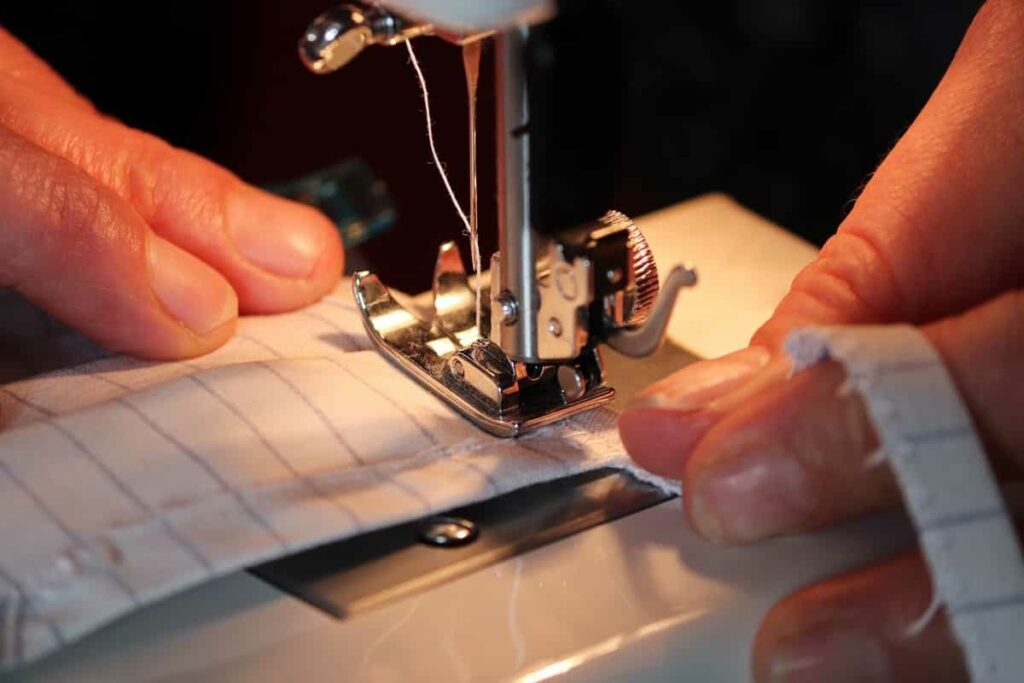
Cane and bamboo weaving
Cane and bamboo weaving is a traditional craft practiced in many parts of the world. It is a labor-intensive process that requires skill and patience. The end product is beautiful and functional, making it a popular choice for home decor and gifts. There are certain things to you must be aware of if you’re interested in starting a business involving cane and bamboo weaving:
- You will need to source your materials from a reliable supplier.
- You will need to invest in some quality tools and equipment.
- You will need to be patient and willing to put in the time to learn this craft.
If you have all of that, then you’re ready to get started! Here are some tips and ideas on how to get started with cane and bamboo weaving:
- Decide what type of products you want to make. There are many types of cane and bamboo weaving, so it’s important to narrow your focus before getting started. Do you want to make baskets? Mats? Furniture? Wall hangings? Once you’ve decided on a product focus, you can start sourcing your materials and planning your designs.
- Choose the right materials. Not all types of cane or bamboo are suitable for weaving, so it’s important to research before purchasing any supplies. You’ll also need to consider the finished product’s size and shape when choosing your materials. For example, thinner strips of bamboo are better suited for smaller items.
Pottery
Pottery is a popular hobby among homemakers in villages. It is an excellent way to relax and unwind after a long work day. Many different techniques can be used to create pottery, and many different types of clay can be used. Firstly, you will need to find a good location for your studio. You will also need some investment capital for quality tools and supplies. And finally, you will need to market your business to potential customers. With a little effort, you can easily start a successful pottery business from the comfort of your home.
In case you missed it: How to Make Money from Instagram in India: Ways, Ideas, and Tips
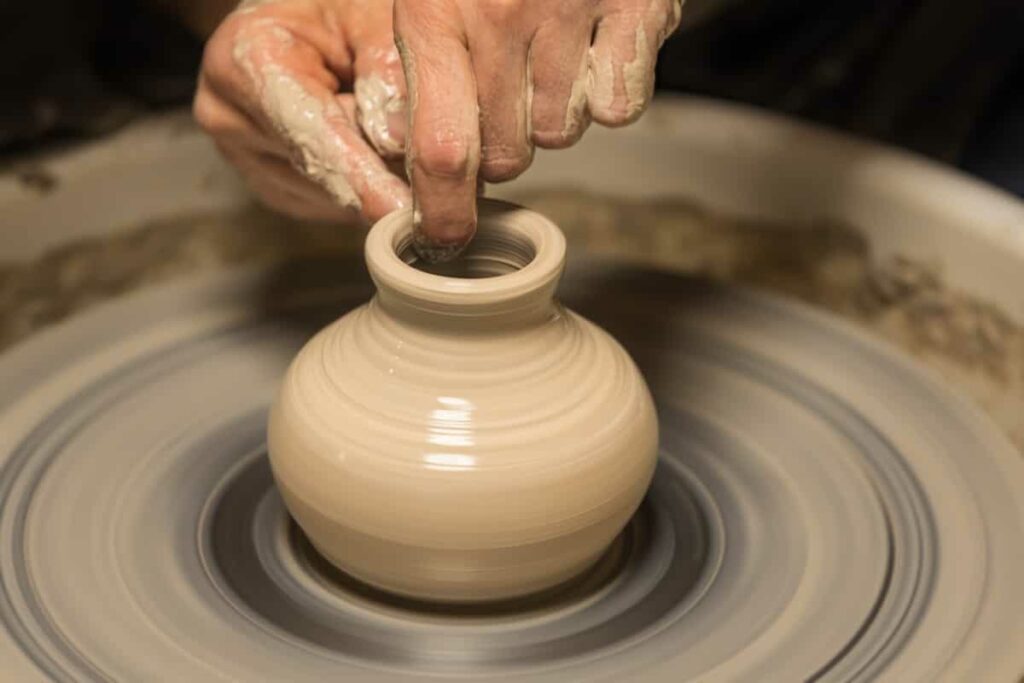
Food processing
In many villages across India, women are the primary caregivers and are often responsible for cooking for the family. However, with increasing demands on their time, many women find it challenging to prepare healthy meals from scratch. This is where food processing businesses can play a role. Several food processing businesses can be set up in a village, such as:
- Dal milling: This involves processing raw pulses into finished products like dal. Dal milling can be done either manually or using small-scale machinery.
- Flour milling: This involves grinding wheat into flour. This can be done using manual or electric mills.
- Oil extraction: This involves extracting oil from seeds and nuts. This can be done using a small-scale expeller machine.
- Fruit and vegetable processing: It involves washing, chopping, and packaging fruits and vegetables for sale in local markets.
- Dairy processing: This involves collecting milk from local farmers and processing it into ghee, butter, cheese, or other dairy products.
In case you missed it: How to Make Money from Millet-based Foods in India
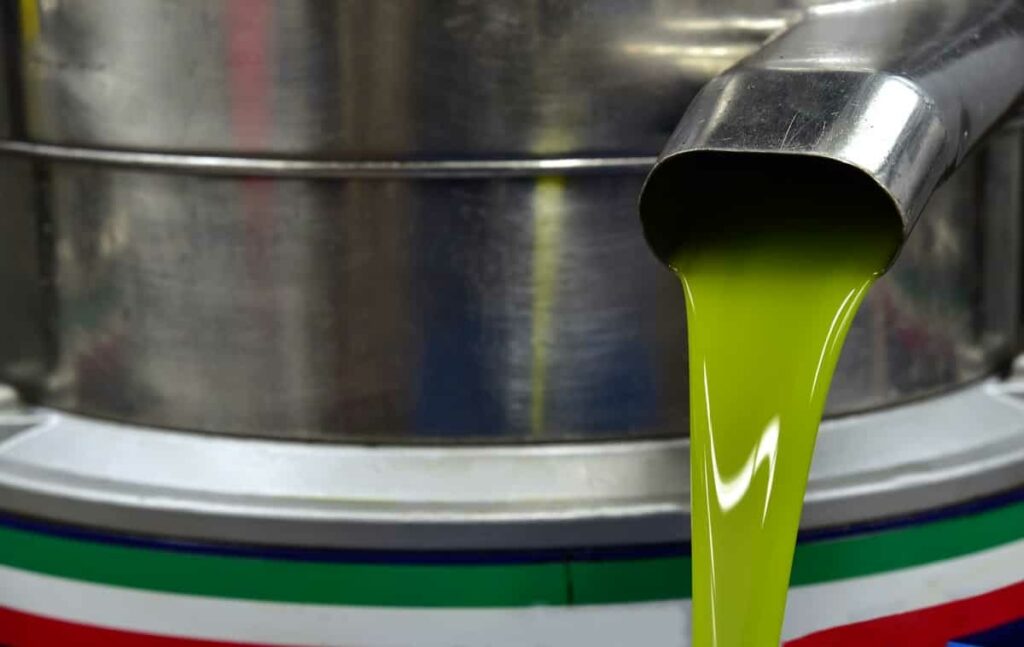
Making cosmetics
Making cosmetics is a great business idea for homemakers in villages. Many recipes are available online and in books that can be followed to make natural cosmetics. There are some important things to keep in mind when making cosmetics:
- Always use fresh ingredients. Cosmetics made with stale or old ingredients will not work as well and may even cause skin irritation.
- Do not add any preservatives to the products. Natural cosmetics do not need preservatives; adding them will only prolong the product’s shelf life unnecessarily.
- Be sure to thoroughly test the product on yourself before selling it to others. This will ensure that you are happy with the results and that there are no unforeseen reactions.
- Keep your products stored in a cool, dark place. Heat and light can degrade the quality of the ingredients used in cosmetics, so it is essential to store them properly.
Incense stick making
In India, incense sticks are made by hand using various natural materials. The most common type of incense stick is made from bamboo, which is cut into thin strips and then coated with a mixture of powdered charcoal and wood ash. Other ingredients, such as resin, spices, and herbs, may also be added to the mixture.
After the bamboo strip is coated with the mixture, it is rolled into a coil and left to dry in the sun. Once it is dry, the incense stick is ready to be used. Incense sticks are used in many religious ceremonies and are believed to have medicinal properties. They are often used to purify the air and to create fresh atmosphere.
In case you missed it:
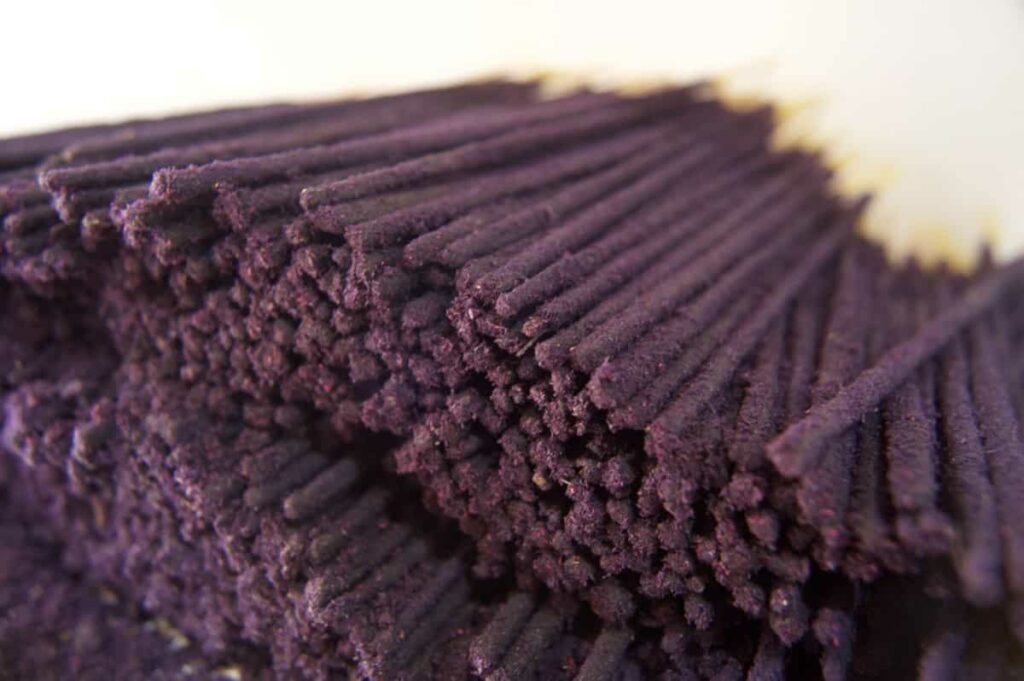
Soap making
Soap making is a great business idea for homemakers in villages who want to start their own businesses. There are many benefits to soap making, including the fact that this business is a relatively low-cost venture to start up and that there is a large potential market for soap products. Soap making involves combining fats and oils with alkalis to create soap. This process can be done using various methods, but the most common method is cold process soap making.
Cold-process soap making is a simple business process that anyone can learn and doesn’t require any special equipment. Once you have learned the basics of cold-process soap making, you can start creating your own unique recipes and marketing your soaps to friends, family, and potential customers. There are many and endless possibilities when it comes to creating new soaps, and you can create some truly unique products with creativity.
Handicrafts
There are several handicrafts that homemakers can undertake in villages to generate income. These include weaving, embroidery, knitting, crocheting, and sewing. These crafts require only a small investment in materials and can be carried out at home with little overhead costs. Weaving is a traditional craft that has been practiced for centuries. It can create various items, such as rugs, blankets, tablecloths, and clothing.
Weaving requires only a loom and some basic materials such as yarn or thread. Embroidery is another popular craft that can create beautiful designs on fabric. Embroidery floss and needles are all needed to get started with this craft. Knitting and crocheting are two more crafts that can create various items, such as clothing, accessories, and home decor items.
Both of these crafts require only a small amount of materials and can be learned easily. Sewing is another useful skill that every homemaker should know. Sewing can be used to create clothing, curtains, bedding, and much more. A sewing machine is required for this craft, but they are relatively inexpensive and easy to use.
Chutney making
Chutney is a popular condiment in India, made from various spices, fruits, and vegetables. It can be used as a dip, spread, or condiment and is often served with curries or rice dishes. There are many different types of chutney, but the most common varieties include tamarind, mint, coriander, and coconut. Chutney can be either sweet or savory, depending on the ingredients used. Making chutney is relatively simple and requires only a few basic ingredients. The first and foremost step is to prepare the vegetables or fruits used in the chutney.
This may involve peeling and chopping them into small pieces. The next step is to grind the spices used in the chutney. This can be done using a mortar, pestle, or an electric grinder. Once the spices are ground, they should be combined with the chopped fruits or vegetables and cooked until soft. The final step in making chutney is adding any additional flavors you desire. This may include sugar, salt, vinegar, or lemon juice. Once the ingredients are combined, the chutney should be simmered for 30 minutes time to allow the flavors to meld together.
In case you missed it: A Guide to Start Data Entry Business in India: Check How this Helps Beginners
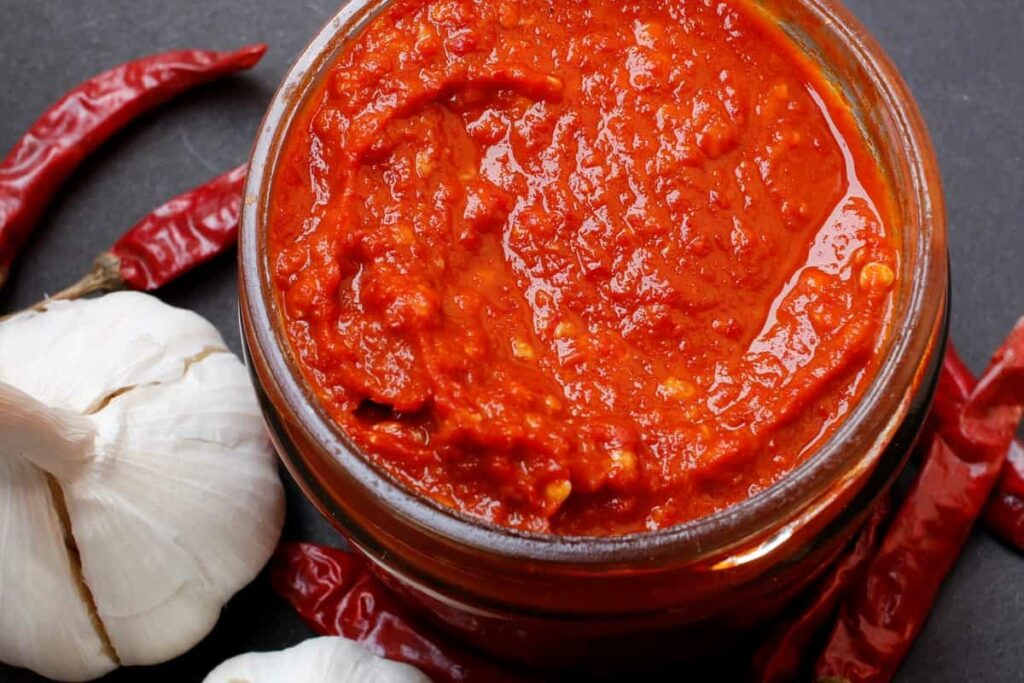
Papad making
Papad making is a simple and easy business idea for homemakers in villages. All you need is some simple ingredients and a little time to start. The first and foremost step is to collect all of the necessary ingredients. You will need flour, salt, oil, and water. Once you have the ingredients, you need to mix them to form a dough. After mixing the dough, you will need to roll it out into thin sheets.
Once the dough is rolled out, you need to cut it into small circles using a cookie cutter or a knife. After the Papads are cut out, you will need to deep fry them in hot oil until they are golden brown. Once they are fried, you must remove them from the cooking oil and drain them on paper towels. Your Papads are now ready to be served! You can enjoy them with chutney or sauce of your choice.
Pickle making
Are you a housewife living in a village? If so, you might wonder what business ideas you can start from home. One option you could consider is pickle making. Pickles are a popular condiment in India and are often used to flavor dishes. They can be made from various vegetables and fruits, such as cucumbers, mangoes, onions, and lemons.
To start your pickle-making business, you will need some equipment, including jars, labels, and a stove. You will also need to source your ingredients from local markets or growers. Once you have everything ready, you can start production by following these steps:
- Wash the vegetables or fruits you will use for your pickles.
- Cut them into small pieces and remove any seeds.
- Soak the cut pieces in brine (salt water) for 24 hours.
- After 24 hours, drain the brine and rinse the pieces well.
- Add the pieces to a cooking pot with vinegar, spices, and sugar.
- Cook until the mixture thickens, and then allow it to cool.
- Once cooled, transfer the pickles to jars and seal them tightly.
- Label the jars with the date and type of pickle before storing them in a cool, dark place.
Honey beekeeping
Honey beekeeping is a great business idea for homemakers in villages. It requires very little investment and can be done with just a few bees. Honey is a valuable product with many health benefits, so it is sure to be a hit with customers. Plus, it is a great way to help the environment by providing a habitat for bees.
In case you missed it: Decoding the Basics of Advance Tax: Here’s All You Need to Know
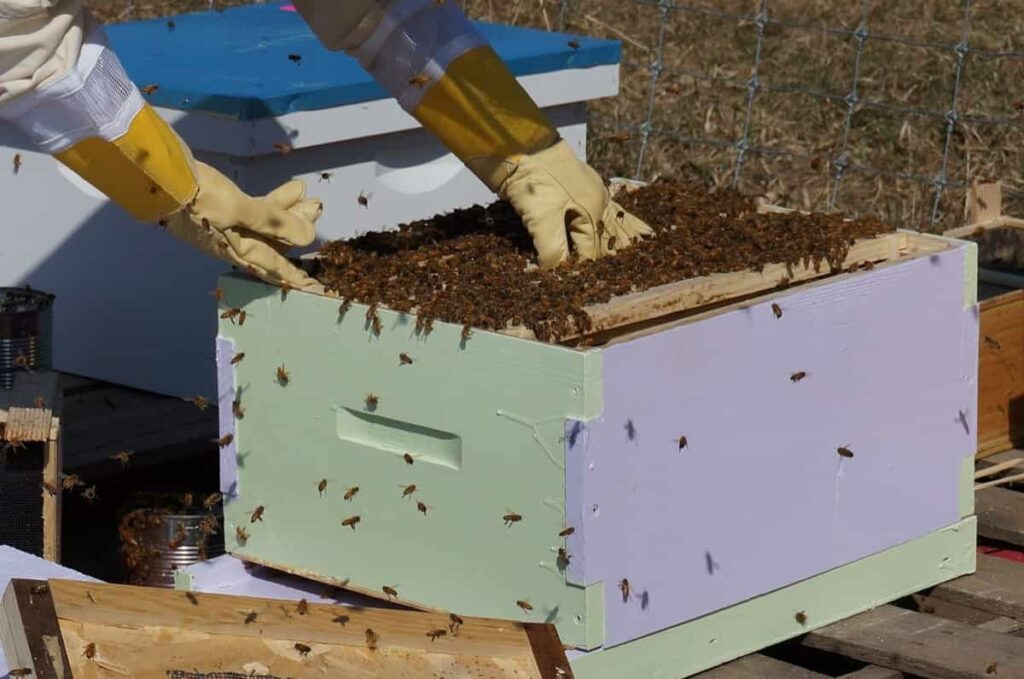
Rearing poultry
Poultry farming is a great business idea for homemakers in villages. It requires very little investment and can be started with just a few chickens. Poultry farming is a great way to earn extra income. It is also an excellent way to get fresh eggs and chicken meat. Poultry farming can be done on a small or large scale.
You can read more chickens and sell the extra chicken meat and eggs if you have a large family. Poultry farming does not require much space. You can even rear chickens in your backyard if you have enough space. Poultry farming is a very easy business to start and run. You do not need any special knowledge to start poultry farming.
Conclusion
There are many business ideas for homemakers in villages, but these are some of the most popular and profitable options. If you’re a housewife in a village, consider starting one of these businesses to generate additional income for your family. With hard work and dedication, and proper planning, you can build a successful business that will improve your family’s financial situation and provide you with a sense of accomplishment. Thanks for reading.
- Handicraft Making at Home: A Small Profitable Business Idea
- Pet-Tech Startups: Innovations for Animal Lovers
- Tech Repair Services: Meeting the Demand for Gadget Maintenance
- Maximizing Rewards: Smart Credit Card Habits for Cashback and Points
- Ultimate Guide to Making Money from Goat Milk Business
- How to Start an Agricultural Value Added Product Business
- Value-Added Business Ideas for Greenhouse: The Best Ways to Make Profits with Greenhouse Farming
- How to Make Profits with Organic Country Chicken: Best Strategies for Beginners
- 10 Value-added Business Ideas for Millets: Low-investment and Highly Profitable
- Why Cleaning Service Business Becoming More Profitable in Metro Cities in India
- 10 Best Businesses to Start in Ayodhya for Profits
- Top Drone Business Ideas in India: Unlocking Aerial Innovation & Opportunities
- Top 10 Service Businesses You Can Start with No Money
- Ultimate Guide to Starting a Home-Based Advertising Agency Business
- Starting a Nail Salon Near Your Location: Check List, Business Plan, Licensing, and Opening Instructions
- Construction Company Name Ideas: Guide to Create New Construction Company Names
- 8 Best Small Businesses to Start in Hyderabad: Low-Cost and Profitable
- 10 Best Small Businesses to Start in Massachusetts: Low-Cost and Profitable
- 10 Best Small Businesses to Start in Maryland: Low-Investment and Profitable
- 10 Best Small Businesses to Start in Delaware: Low-Investment and Profitable
- 10 Best Small Businesses to Start in Connecticut: Low-Investment and Profitable
- Top 10 Best Online Pet Business Ideas: Exploring Cats to Dogs
- 10 Best Small Businesses to Start in Colorado: Low-Investment and Profitable
- Top 10 Profitable Small Business Ideas in California: Low-Investment Tips
- From Little Rock to Fayetteville: Top 10 Profitable Small Business Ideas in Arkansas
- Top 10 Profitable Small Business Ideas in Alabama: Discover Opportunities in Alabama’s Growing Cities
- Top 10 Profitable Small Business Ideas in Arizona: Discover Opportunities in Arizona’s Growing Cities
- Golf Business Ideas: Exploring Golf Course Money Making Ideas
- Low Capital Profitable Small Farm Ideas: Farming Ideas to Make Money
- How to Write a Business Plan for Daycare: Exploring from Financial Projections to Risk Management
- Home Daycare License Requirements: Exploring State-wise In-home Daycare Requirements
- How Profitable is Day Care Business: How Much Does a Daycare Owner Make a Month or Year?
- How to Open a Daycare Center in Toronto, Canada: Business Plan, Licenses and Permits
- How to Start Meal Prep and Delivery Services: A Popular Business Idea
- How to Start a Milk Chilling Plant Business
- How to Start Coconut Shell Charcoal Business: Business Plan for Maximizing Profits